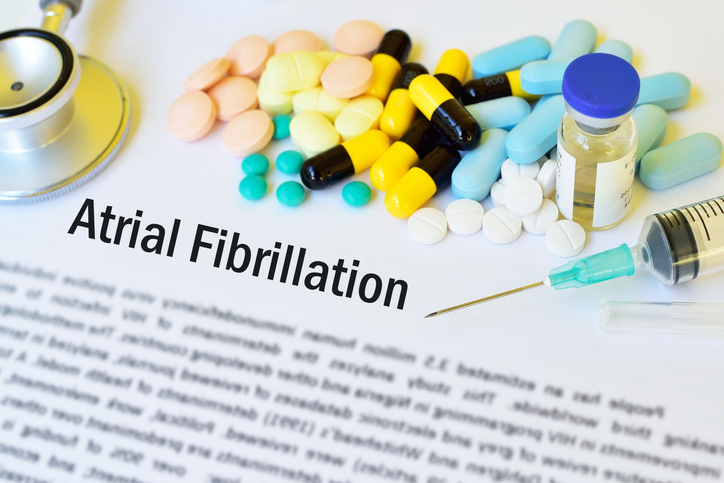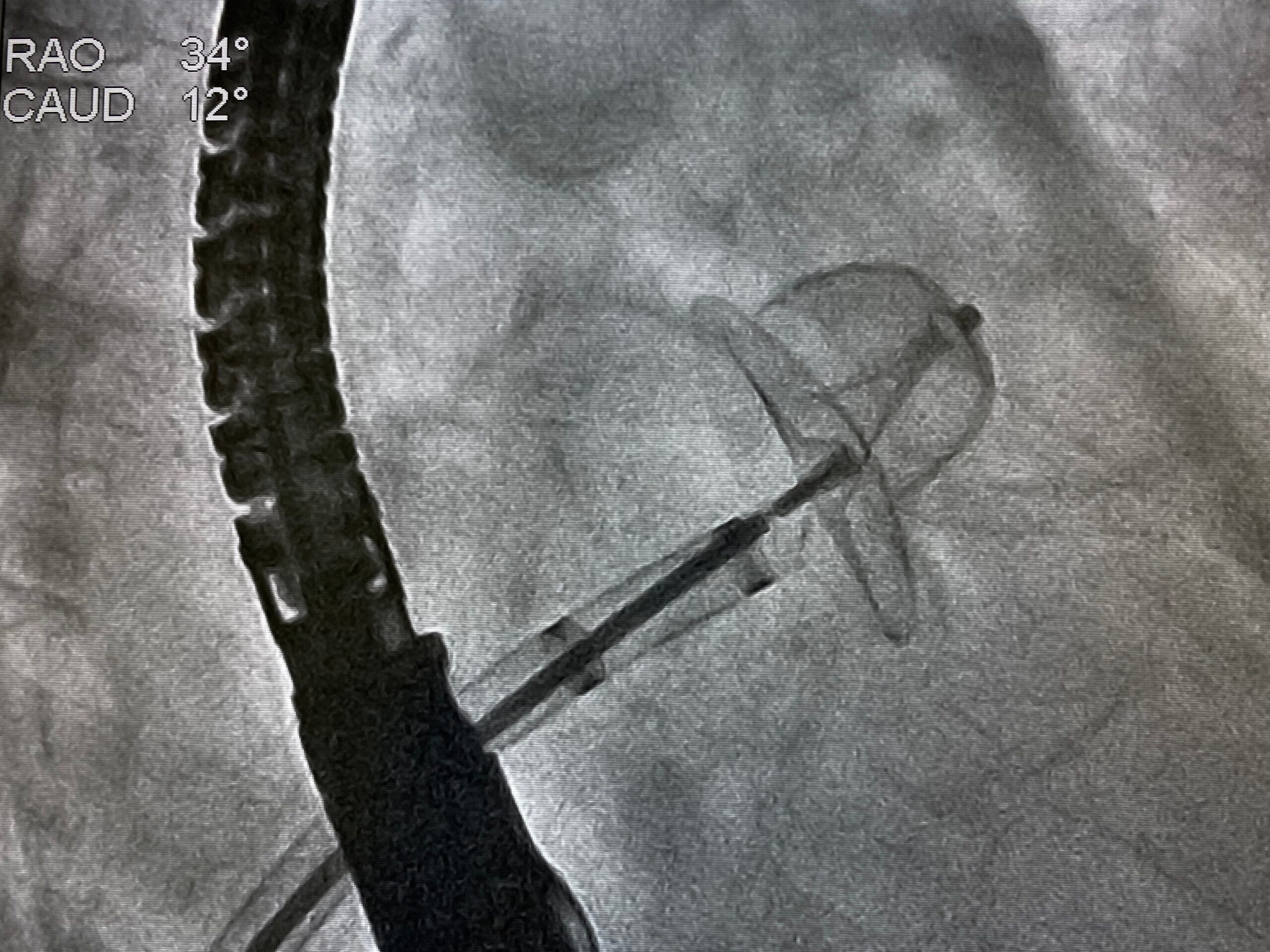
Antithrombotic therapy with oral anticoagulants (OACs) was associated with reduced risk of ischemic events without increased incidence of bleeding events in a real-world cohort study of elderly patients with acute coronary syndrome (ACS) and atrial fibrillation (AF). Co-lead authors, Yangxun Wu, Haiping Liu, and Liu’an Qin, published their findings in Frontiers in Cardiovascular Medicine.
This study comprised 548 elderly patients (aged ≥65 years) with ACS and AF who were treated with OACs and completed at least 1 year of follow-up. For safety analysis, major adverse cardiac events (MACEs) rate was based on all-cause mortality, nonfatal myocardial infarction (MI), nonfatal stroke, and systemic embolism. Bleeding safety outcomes were based on the Bleeding Academic Research Consortium (BARC) criteria.
Compared with patients who were treated with OAC (n = 184, 33.6%), patients who were not treated with OACs (n = 364, 66.4%) were reportedly older, had lower prevalence of persistent AF and unstable angina, and had increased prevalence of paroxysmal AF, acute MI, stent implantation, and dual antiplatelet therapy. Patients treated with OACs had a lower risk of MACEs at 1 year (4.3% vs 15.1%; adjusted hazard ratio [HR], 0.34; 95% CI, 0.15-0.80; P=.014) and 5 years (17.5% vs 48.4%; adjusted HR, 0.36; 95% CI, 0.19-0.67; P=.001). No significant difference in bleeding events with a BARC score ≥2 (8.0% vs 9.0%; adjusted HR, 1.17; 95% CI, 0.58-2.34; P=.667) was seen between the groups, the researchers reported.
Additionally, compared with patients treated with warfarin, patients treated with non-vitamin K antagonist OACs had a lower risk for all-cause mortality (2.1% vs 9.5%; HR, 0.18; 95% CI, 0.03-0.98; P=.047) and bleeding events with BARC score ≥3 (2.1% vs 4.8%; HR, 0.14; 95% CI, 0.02-1.10; P=.062).
The authors presented their evidence in support of antithrombotic therapy with OACs for elderly patients with ACS and AF and advised that, “in real-world practice, it is necessary to strengthen the awareness of anticoagulant treatment in elderly patients with ACS and AF.”
Find more recent studies on the Atrial Fibrillation Knowledge Hub







 © 2025 Mashup Media, LLC, a Formedics Property. All Rights Reserved.
© 2025 Mashup Media, LLC, a Formedics Property. All Rights Reserved.